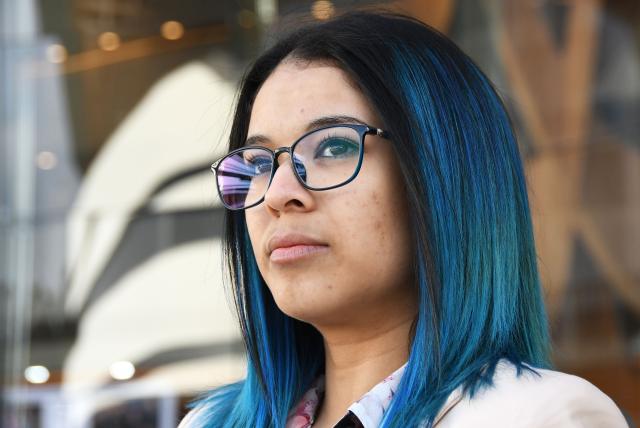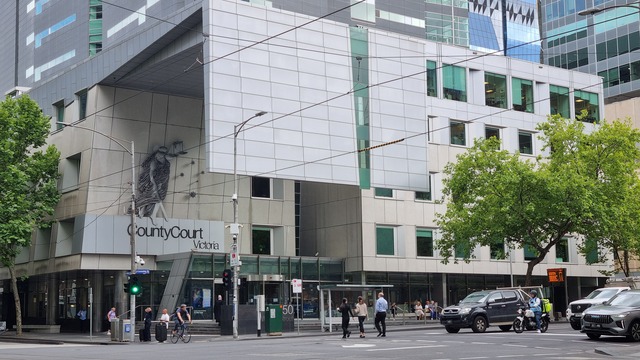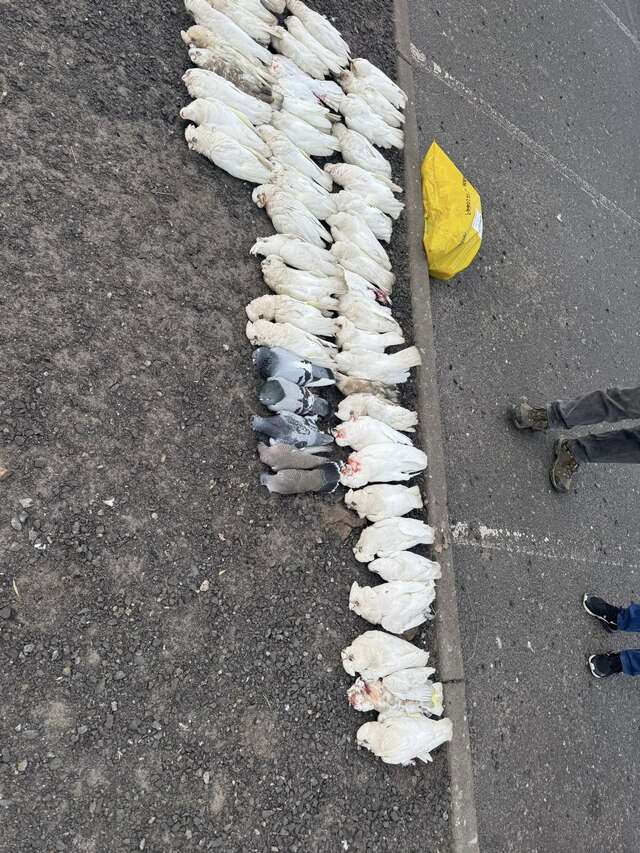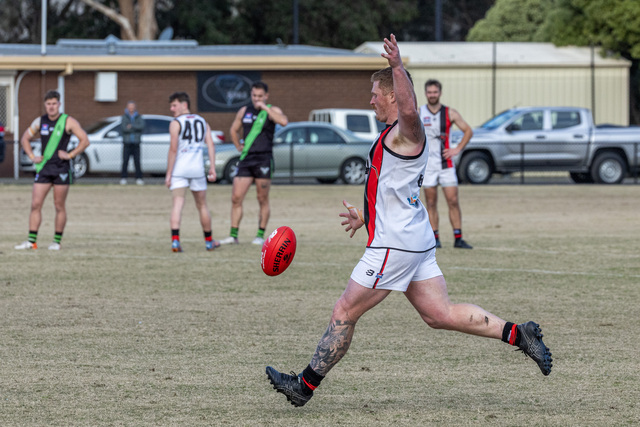Despite a rocky start to adulthood, Lyndhurst resident Lyanne Morel has turned her life around – and she wants other young Australians to have the same opportunities.
In 2020, Ms Morel was put in police custody on remand.
She was eventually acquitted of her charges, but said the time she spent in Frankston jail was nothing short of horrifying.
“Being in prison, especially as a first timer who had never really had any interactions with the law, was very scary,” she said.
While Ms Morel only spent one night in jail, she said it was enough to make her push for change.
The 25-year old is part of The Red Robins, a Red Cross-endorsed team who will visit Victorian Parliament on 30 June to present a Bill to Youth Parliament, with hopes it will help reform the juvenile justice system.
The Bill aims to deconstruct the current system of youth detention centres into a series of wellness centres which focus on education and rehabilitation.
“What I really observed while I was in [jail] was that a lot of the women are quite troubled; it’s quite evident they haven’t had the right support,” she said.
“I spoke firsthand to a lot of women in prison and there’s a very large portion of them that have been there before.”
Ms Morel said the Bill aimed to address certain elements the current youth justice system falls short on, particularly keeping minors in education.
“Prison currently operates to punish younger offenders rather than rehabilitate them; it’s a revolving door and becomes a second home to those that don’t receive the help they need,” she said.
“It creates bad connections and never correctly addresses the underlying issues causing the crime.”
The Red Robins’ Bill legislates to close the majority of current youth justice centres and to focus on the introduction of youth wellness centres to the effect that residents are able to continue their education and begin reintegration trips for the purpose of remaining a part of the community.
Currently, the age of criminal responsibility in Australia is 10 years old, meaning from that age, children can enter the youth justice system, isolating them from society, argued Ms Morel.
The international standard age of criminal responsibility is 14 years old.
“Prison is not the right environment for a 10-year-old,” she said.
“You’ve pulled them away from their family, all their friends and from being in school. It’s like you’ve set them up for failure.
“We want to encourage them to stay on the right path, we want to give them every chance.”
To develop the proposed legislation, the team of five young Victorians referred to the successful Diagrama Foundation model from Spain, which saw alternative ‘re-education centres’ replace traditional juvenile detention centres in many countries across Europe.
The result saw recidivism rates drop to as low as 14 per cent over a period of years and proved successful in reintegrating juveniles into the community.
After tabling the Bill at Youth Parliament, it will be passed on to the Youth Governor, who will present it to Parliamentarians for further review.
“I’m quite hopeful that someone, a party or an independent will pick this up, because I do think it has incredible potential,” Ms Morel said.








